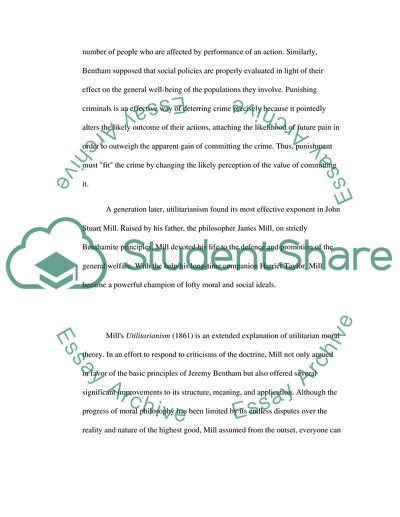Cite this document
(Governmental Interference Term Paper Example | Topics and Well Written Essays - 2250 words, n.d.)
Governmental Interference Term Paper Example | Topics and Well Written Essays - 2250 words. Retrieved from https://studentshare.org/law/1703711-see-below
Governmental Interference Term Paper Example | Topics and Well Written Essays - 2250 words. Retrieved from https://studentshare.org/law/1703711-see-below
(Governmental Interference Term Paper Example | Topics and Well Written Essays - 2250 Words)
Governmental Interference Term Paper Example | Topics and Well Written Essays - 2250 Words. https://studentshare.org/law/1703711-see-below.
Governmental Interference Term Paper Example | Topics and Well Written Essays - 2250 Words. https://studentshare.org/law/1703711-see-below.
“Governmental Interference Term Paper Example | Topics and Well Written Essays - 2250 Words”, n.d. https://studentshare.org/law/1703711-see-below.


